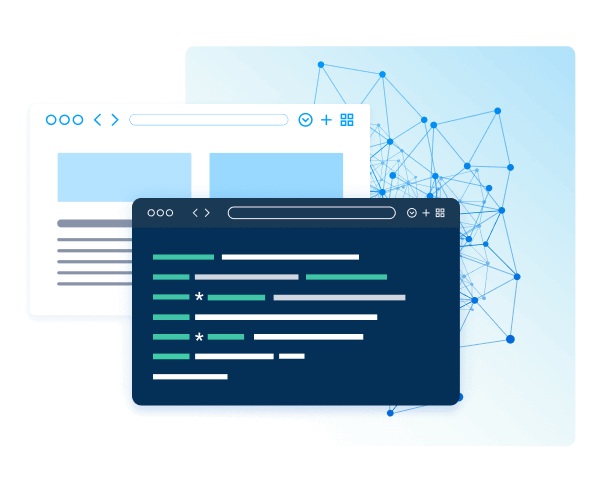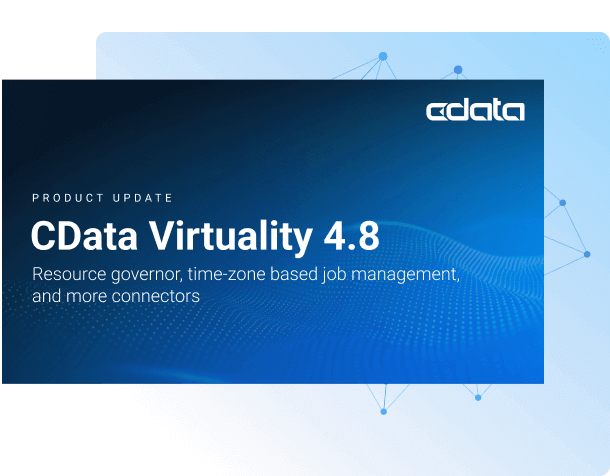Discover how a bimodal integration strategy can address the major data management challenges facing your organization today.
Get the Report →Natively Connect to Odoo Data in PHP
The CData ODBC driver for Odoo enables you to create PHP applications with connectivity to Odoo data. Leverage the native support for ODBC in PHP.
Drop the CData ODBC Driver for Odoo into your LAMP or WAMP stack to build Odoo-connected Web applications. This article shows how to use PHP's ODBC built-in functions to connect to Odoo data, execute queries, and output the results.
About Odoo Data Integration
Accessing and integrating live data from Odoo has never been easier with CData. Customers rely on CData connectivity to:
- Access live data from both Odoo API 8.0+ and Odoo.sh Cloud ERP.
-
Extend the native Odoo features with intelligent handling of many-to-one, one-to-many, and many-to-many data properties. CData's connectivity solutions also intelligently handle complex data properties within Odoo. In addition to columns with simple values like text and dates, there are also columns that contain multiple values on each row. The driver decodes these kinds of values differently, depending upon the type of column the value comes from:
- Many-to-one columns are references to a single row within another model. Within CData solutions, many-to-one columns are represented as integers, whose value is the ID to which they refer in the other model.
- Many-to-many columns are references to many rows within another model. Within CData solutions, many-to-many columns are represented as text containing a comma-separated list of integers. Each value in that list is the ID of a row that is being referenced.
- One-to-many columns are references to many rows within another model - they are similar to many-to-many columns (comma-separated lists of integers), except that each row in the referenced model must belong to only one in the main model.
- Use SQL stored procedures to call server-side RFCs within Odoo.
Users frequently integrate Odoo with analytics tools such as Power BI and Qlik Sense, and leverage our tools to replicate Odoo data to databases or data warehouses.
Getting Started
Configure a DSN
If you have not already, first specify connection properties in an ODBC DSN (data source name). This is the last step of the driver installation. You can use the Microsoft ODBC Data Source Administrator to create and configure ODBC DSNs.
To connect, set the Url to a valid Odoo site, User and Password to the connection details of the user you are connecting with, and Database to the Odoo database.
Establish a Connection
Open the connection to Odoo by calling the odbc_connect or odbc_pconnect methods. To close connections, use odbc_close or odbc_close_all.
$conn = odbc_connect("CData ODBC Odoo Source","user","password");
Connections opened with odbc_connect are closed when the script ends. Connections opened with the odbc_pconnect method are still open after the script ends. This enables other scripts to share that connection when they connect with the same credentials. By sharing connections among your scripts, you can save system resources, and queries execute faster.
$conn = odbc_pconnect("CData ODBC Odoo Source","user","password");
...
odbc_close($conn); //persistent connection must be closed explicitly
Create Prepared Statements
Create prepared statements and parameterized queries with the odbc_prepare function.
$query = odbc_prepare($conn, "SELECT * FROM res_users WHERE id = ?");
Execute Queries
Execute prepared statements with odbc_execute.
$conn = odbc_connect("CData ODBC Odoo Source","user","password");
$query = odbc_prepare($conn, "SELECT * FROM res_users WHERE id = ?");
$success = odbc_execute($query, array('1'));
Execute nonparameterized queries with odbc_exec.
$conn = odbc_connect("CData ODBC Odoo Source","user","password");
$query = odbc_exec($conn, "SELECT name, email FROM res_users");
Process Results
Access a row in the result set as an array with the odbc_fetch_array function.
$conn = odbc_connect("CData ODBC Odoo data Source","user","password");
$query = odbc_exec($conn, "SELECT name, email FROM res_users");
while($row = odbc_fetch_array($query)){
echo $row["name"] . "\n";
}
Display the result set in an HTML table with the odbc_result_all function.
$conn = odbc_connect("CData ODBC Odoo data Source","user","password");
$query = odbc_prepare($conn, "SELECT * FROM res_users WHERE id = ?");
$success = odbc_execute($query, array('1'));
if($success)
odbc_result_all($query);
More Example Queries
You will find complete information on the driver's supported SQL in the help documentation. The code examples above are Odoo-specific adaptations of the PHP community documentation for all ODBC functions.





